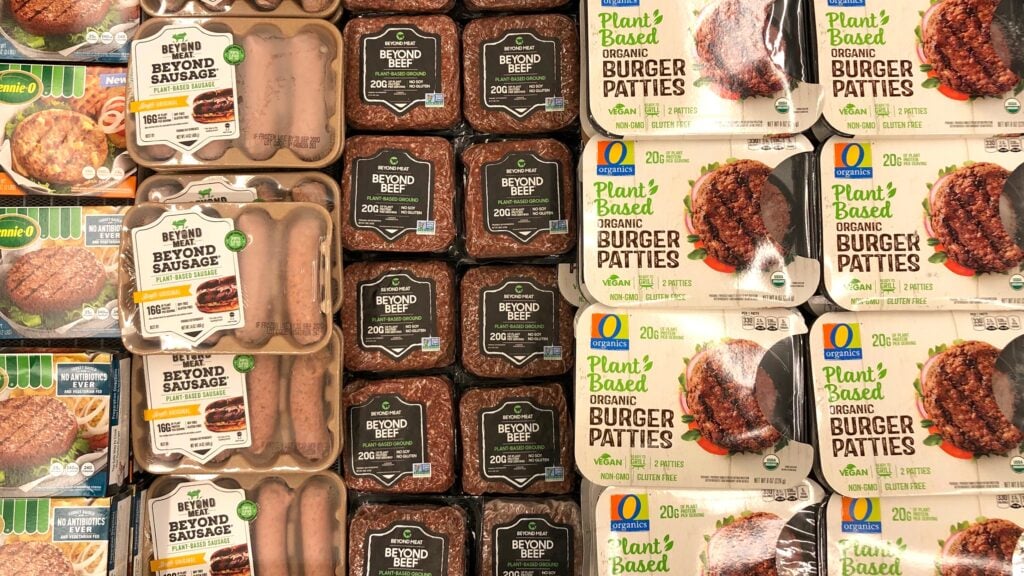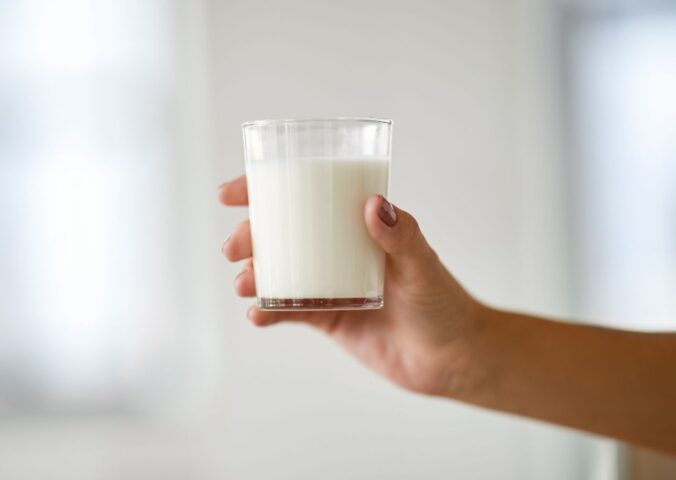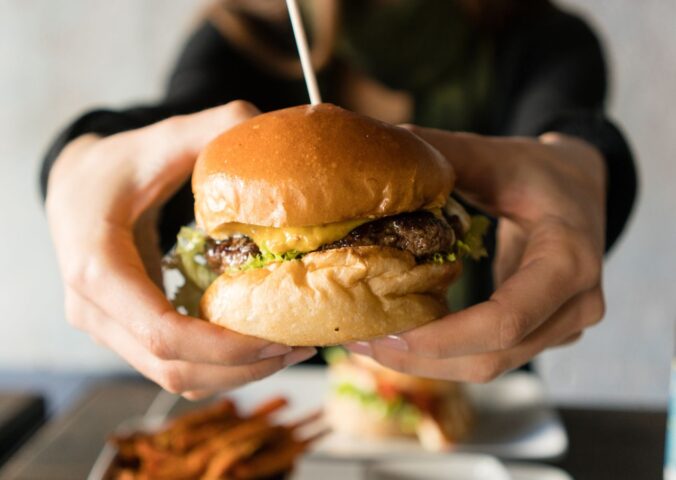South Africa’s Food Safety Agency (FSA) plans to start confiscating plant-based meat products have been halted by a Johannesburg High Court order.
Vegan products with meat-related descriptors (such as “meatball,” “sausage,” or “biltong”) were set to be seized on Monday, August 22 following the Department of Agriculture Land Reform and Rural Development’s (DALRRD) recent ban.
However, an 11th-hour reprieve was granted by the High Court on August 20, prohibiting either the DALRRD or the FSA from removing any items from shelves.
Plant-based advocates welcomed the suspension, but remain cautious that seizures could recommence at any time.
Vegan organizations and brands speak out
Food awareness organization ProVeg South Africa played an instrumental role in trying to get the plant-based meat ban lifted.
“Although we welcome the decision by the court, we would like to reiterate our call for further dialogue as we still believe that this matter should be settled through discussion between the plant-based food industry, DALLRD, and the meat industry,” ProVeg country director Donovan Will said in a statement.
“ProVeg South Africa carries the interests of both plant-based manufacturers and consumers and will continue to be a public voice for both. We urge the government to fast-track the development of new regulations without any punitive measures on the plant-based sector in the interim.”
Fry Family Food (known widely as Fry’s) also stood up to the ban when it launched an objection in July. It maintained that, because of the objection, its products could not be confiscated. The brand argued that the department would instead have to “convene a tribunal to evaluate our objection.”
The Consumer Goods Council of South Africa (CGCSA) said that it was “aware of the directive issued by the Department of Agriculture, Land Reform, and Rural Development” to “seize meat analog products using product names prescribed for processed meat products.”
It added that meat analogs are not currently covered by current legislation. They are “also excluded from the scope of processed meat regulations.”
South African-based Garth Tavares, known as Cape Town Vegan, told Plant Based News that the decision to seize the vegan meat feels like a “witch-hunt against the plant-based and vegan sectors.”
He added: “I have absolute faith in the vegan community and their ability to stand up to the meat and dairy ‘giants’. Seeing how deeply this will affect an already decimated economy is incredibly shortsighted.”
The rise of plant-based meat
Vegan meat substitutes have seen a staggering rise in popularity over the last few years.
Globally, total consumption grew from 133 million kilograms in 2013 to 470 million kilograms in 2020.
Many meat producers maintain that labeling these products with “meat” terms is confusing for consumers. But plant-based brands state the opposite.
Fry’s marketing director Tammy Fry said earlier this year: “Our product descriptions play an important role in helping our consumers understand how to use our products.”
Plant-based meat is widely acknowledged by experts as more sustainable than its animal-based counterpart. A recent University of Oxford study of 57,000 food products, for example, suggested that veggie sausages and burgers are up to 10 times better for the planet than meat.
Animal agriculture drives deforestation. Plus according to the United Nations, it is responsible for 14.5 percent of global greenhouse gas emissions.
The campaign against plant-based meat labels
South Africa isn’t the first place to attempt to crack down on plant-based meat.
In 2020, the EU ruled that plant-based companies could label their products with terms like “burger” or “sausage.” This was after some animal agriculturists and meat producers brought forth a measure aiming to ban them from doing so.
In November of last year, Spain rejected proposals to ban such labels after a campaign from a far-right group.
Like South Africa, France also voted to ban plant-based brands from using “meat” words earlier this year. However, the ban was temporarily overturned by the country’s highest court.
This article was originally published on August 18, 2022. It was updated on August 23 to reflect new developments.







